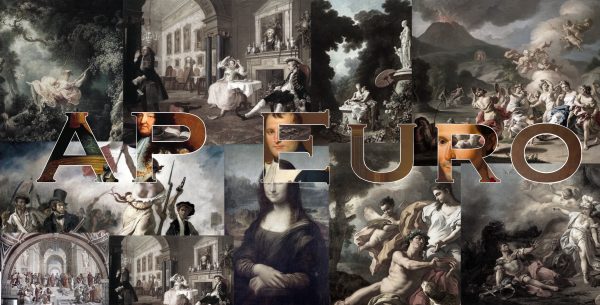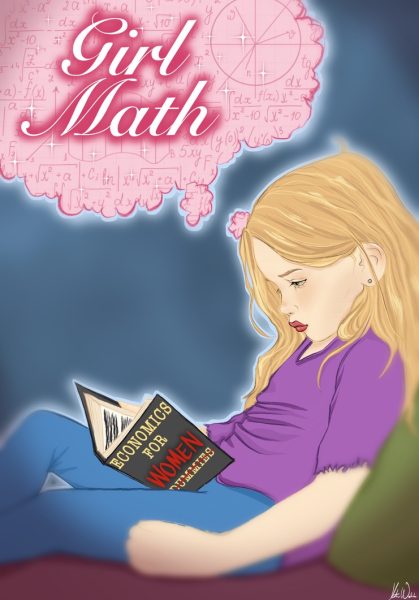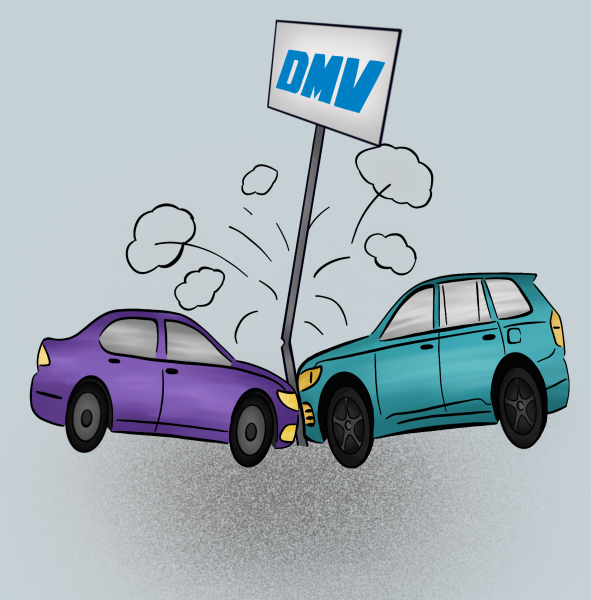Supreme Court Awareness Needed Among Students
Let’s be honest, you probably don’t keep up with or know much about the Supreme Court of the United States (SCOTUS). Maybe you knew about the Brett Kavanaugh investigation in 2018 or are paying attention to the aftermath of Associate Justice Ruth Bader Ginsburg’s tragic death, but most people don’t know much beyond the justices who sit on it. However, the Supreme Court is integral to establishing the order of things that greatly impact our lives and protect the American republic.
The Supreme Court – the highest court in the US and the highest authority of the judicial branch of the federal government – is our last line of defense. This makes it the last option for those seeking justice, as the justices have the authority to change laws and punish actions made by both the government and citizens.
It’s important that we as students devote more time and energy to understanding the precedents set by the SCOTUS and how they will impact the rest of our lives.
When thinking about the government, most students still believe that the President or Congress are the branches with the most sway or importance but this preconception is not completely accurate. According to a Marquette Law School Poll of voters across the U.S., 22% of people do not think the Supreme Court is important at all.
In reality, we need the Supreme Court as the primary way that we keep the government in line. They make sure that the President and Congress don’t take any actions that go against the Constitution. They stop the government from overstepping their boundaries, meaning they are the best way to stop the government from turning tyrannical.
Many important decisions that directly affect our lives and perception of rights have come from SCOTUS rulings and we don’t even know it. Take Miranda v. Arizona for example, which is the reason that police in the U.S. are required to make you aware of your rights as you are being arrested. The Supreme Court also protects your rights on the regular; it decided that gay marriage was a human right and that segregated schools were unconstitutional.
That said, not every ruling the SCOTUS makes is ethical. Plessy v. Ferguson upheld the “separate but equal” idea of segregation for decades before being overturned. Understanding these historical overturnings in the court can give us a newfound appreciation of our rights today. While this is discussed in American history courses, we need to devote time to understanding the Court in a modern sense beyond cases we talk about in history.
A common topic brought up in the current election is whether or not the Democratic Party will pack the court if it manages to win a Senate majority. Because this could become a reality in the future, it’s important that students understand what this means. In the 1930’s, President Franklin D. Roosevelt attempted to pack the court with extra justices that he would appoint in order to ensure that for the duration of his term the court would be likely to make decisions he wanted them to. Although this was constitutional, it did not work out for him since the bill didn’t pass. There would be implications if this succeeds this year, though, since making a court larger can create additional disagreements, and having the wide majority appointed by a single political group could cause conflicts of interest.
Overall, the current situation with the SCOTUS is important and will set a historical precedent, and we need to have the court in mind as we vote and watch the election play out.
Your donation will support the student journalists of Campolindo High School's The Claw. Your contribution will allow us to produce more issues and cover our annual website hosting costs.

Freshman Daniel Thaler has loved reading and writing ever since he picked up the book White Fang by Jack London in 2nd grade. Thaler spends lots of his...



Daniel Th. • Dec 9, 2020 at 3:35 pm
I would like to make a correction to my above article. The SCOTUS does not change laws, but rather determines which parts can be enforced under the constitution. That’s a huge difference and I apologize for getting it wrong earlier. It can, however, set procedural rules for lower courts.